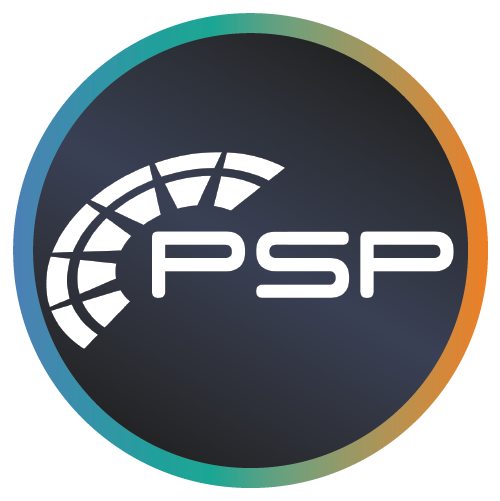NEBOSH Revolutionises Examination Marking with PSP’s Business Analysis Expertise
Challenge
NEBOSH needed a web-based application to manage the examination marking process more efficiently. The challenge was to ensure that the new system integrated seamlessly with NEBOSH’s existing assessment platform and communicated effectively with students’ portals. NEBOSH required a solution that would automatically update student grades and reduce the reliance on manual processes, improving both accuracy and speed.
Solution
PSP’s Business Analysts (BA) were integral to the project, leading the way during the BA phase. They began by evaluating the necessary integrations between the proposed solution and NEBOSH’s existing assessment platform. The BAs gathered detailed requirements by working closely with NEBOSH to fully understand the existing system’s limitations and the organisation’s goals for automation.
The BAs outlined the key requirement ensuring the system communicated with students’ portals to automatically update grades after exams were marked. They carefully mapped out the system’s processes and flows, ensuring all stakeholders had a clear understanding of how the new application would work. Once the analysis was complete, the BAs created a detailed project plan, which served as the foundation for the development phase.
Their work ensured that the solution was tailored to meet NEBOSH’s specific needs, offering a clear roadmap for development while minimising risks and ensuring seamless integration.
Results
Thanks to the strategic input from the BAs, NEBOSH now benefits from an automated examination marking process that is fully integrated with students’ portals. The system updates grades automatically, reducing the manual effort required and ensuring more accurate and timely communication with students. The detailed project plan created by the BAs enabled the development team to deliver the solution smoothly and on time, ensuring it met NEBOSH’s operational requirements.
Conclusion
The BAs played a pivotal role in transforming NEBOSH’s examination marking system. By leading the requirements gathering phase, evaluating integrations and outlining a detailed project plan, the BAs ensured that NEBOSH received a tailored solution that met their needs. This project highlights how PSP’s business analysis approach delivers long-term efficiencies, helping NEBOSH automate critical processes and improve service delivery to students.




